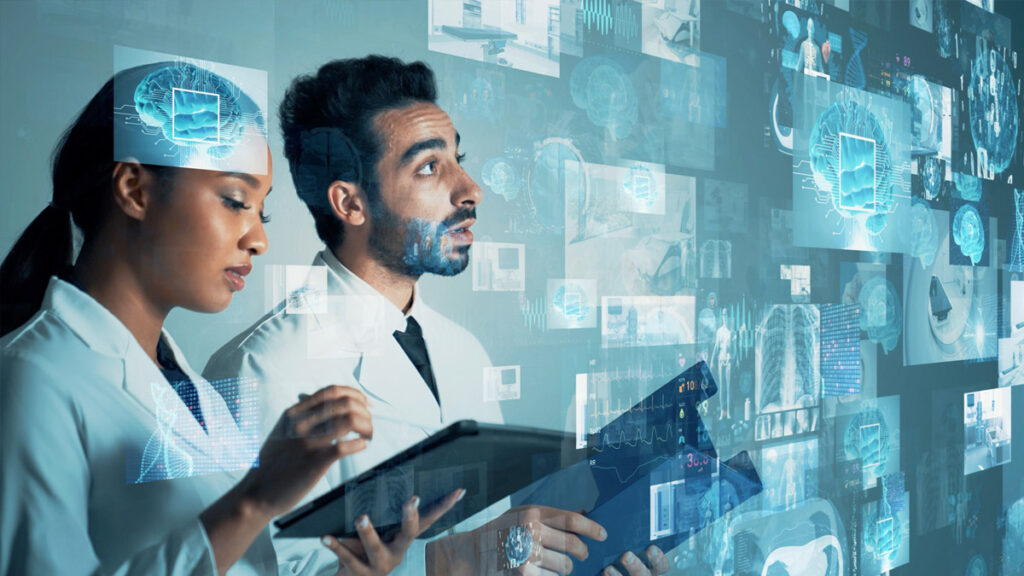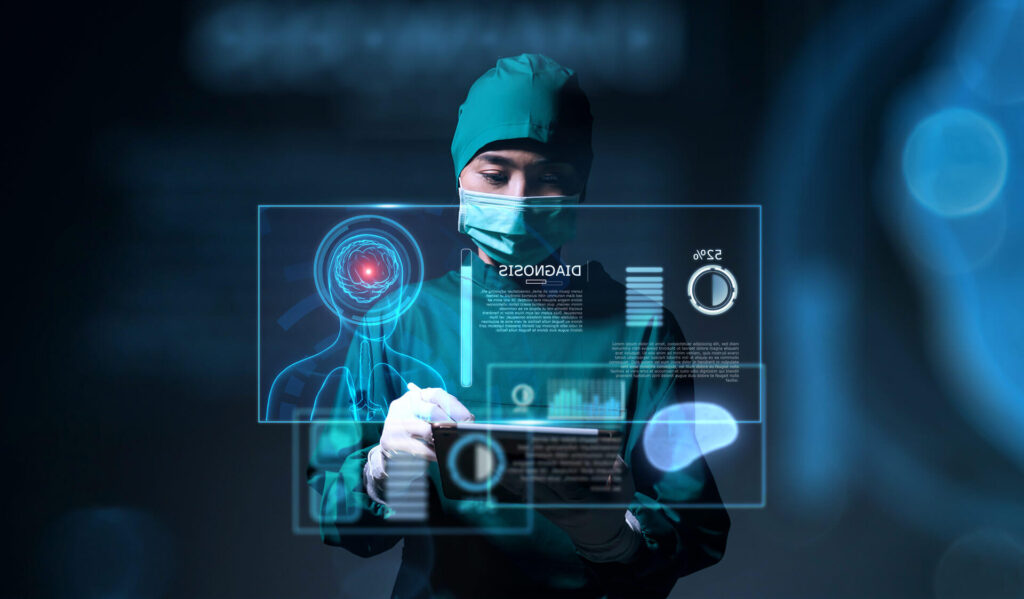In a rapidly advancing world where artificial intelligence (AI) is becoming deeply embedded in nearly every sector, healthcare is witnessing one of the most transformative periods in its history. From AI-powered diagnostics and robotic surgeries to predictive analytics and virtual consultations, technology is redefining how patients are treated and how diseases are managed. However, amid all this progress, experts warn against losing sight of a crucial element: the human touch of medical professionals.
Recently, a prominent technology expert emphasized that while AI can vastly enhance healthcare delivery, it cannot—and should not—replace the empathetic connection between doctors and patients. The expert argued that human interaction is not just a comforting gesture but an essential component of effective care. As the healthcare landscape becomes more digitized, maintaining this balance between machine precision and human empathy is critical.
The Rise of AI in Healthcare
AI applications in healthcare are already demonstrating remarkable benefits. Tools like IBM Watson, Google’s DeepMind, and other AI platforms have shown the capability to analyze medical images with near-human or even superior accuracy. AI can detect early signs of diseases like cancer, diabetes, and neurological disorders much faster than traditional methods. Predictive algorithms help hospitals manage resources, anticipate patient needs, and even identify potential health crises before they become unmanageable.
Additionally, AI-driven chatbots and virtual assistants are handling routine inquiries, appointment scheduling, and even initial symptom assessments. These innovations are helping healthcare systems reduce workload, minimize errors, and increase access to care—especially in remote and underserved areas.
What AI Can’t Do

Despite its extraordinary potential, AI has clear limitations. Machines lack emotional intelligence, cultural understanding, and ethical reasoning—all of which are vital in patient care. A machine can tell you what’s medically wrong, but it cannot hold your hand during a frightening diagnosis, read between the lines of a patient’s distress, or understand the unique personal and social circumstances affecting someone’s health.
The technology expert highlighted that medicine is as much an art as it is a science. Empathy, trust, and compassionate communication are at the heart of healing. These are not things that can be coded into an algorithm. A patient’s recovery is often influenced as much by how they feel emotionally and psychologically as it is by medical treatments.
Emotional Intelligence in Healthcare
One of the main arguments in favor of maintaining human involvement is the importance of emotional intelligence in clinical settings. Doctors and nurses make split-second decisions based not only on data but also on intuition and nuanced patient behavior. These subtle cues—such as hesitation, facial expressions, or tone of voice—can’t always be picked up by machines.
Moreover, building trust between patients and providers is essential for effective treatment. Many patients are more likely to follow a treatment plan if they feel heard and understood by their doctor. No matter how advanced AI becomes, it cannot replace the comfort of a caring voice or the reassurance of a physician who knows your history and treats you like a human being rather than a data point.
Ethical and Legal Concerns
Another critical dimension is the ethical and legal implications of AI in healthcare. AI systems rely heavily on data, which raises privacy concerns. There’s also the issue of accountability—if an AI system makes a diagnostic error, who is responsible? Doctors? Developers? Hospitals?
Furthermore, biases in AI algorithms, stemming from skewed or incomplete training data, can lead to unequal treatment outcomes, especially for minority populations. In contrast, human doctors can adapt and consider broader contexts when making decisions.
The Future: Collaboration, Not Replacement

Rather than fearing AI as a replacement, the healthcare industry should embrace it as a powerful collaborator. AI can take over repetitive tasks, crunch massive datasets, and provide decision support, freeing up doctors to focus more on what only they can do—connect with patients on a human level.
The tech expert emphasized that the ideal future involves synergy between human professionals and AI tools. For example, a doctor might use an AI system to quickly analyze a patient’s history and suggest potential diagnoses but would then use their own experience and emotional insight to interpret the results and discuss them empathetically with the patient.
Training the Next Generation
Medical schools and healthcare institutions must start training future professionals to work alongside AI. This includes not only technical skills to use new tools effectively but also a reinforced focus on communication, compassion, and ethical reasoning. The doctors of tomorrow will need to be not just medical experts, but also emotionally intelligent leaders who can navigate a tech-infused environment with humanity.
Conclusion
As AI continues to reshape the healthcare landscape, it’s essential to remember that medicine is fundamentally about people. Technology can enhance care, but it cannot replace the deep human connection between doctor and patient. The challenge and opportunity lie in leveraging AI to support—not supplant—the human elements of healthcare. In doing so, we ensure that future medicine is not just more efficient, but also more humane.



